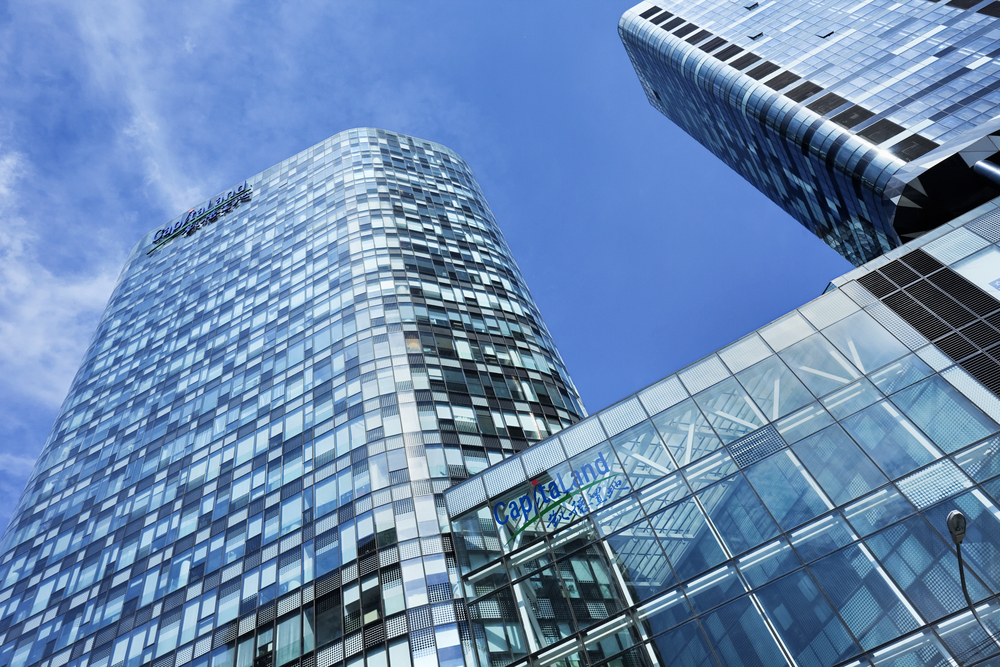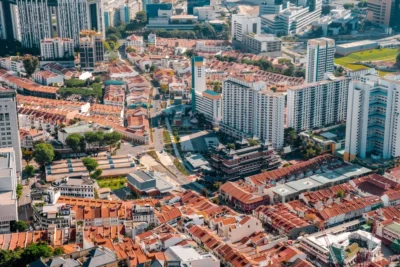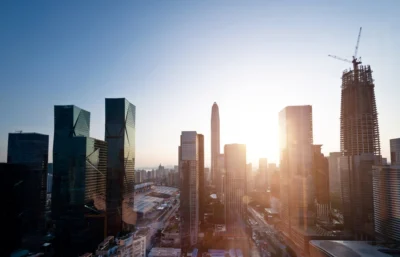Wuhan virus prompts Singapore-listed firms in China to opt for shorter hours, temporary closures
With property giant CapitaLand, who owns 53 malls in China, the latest to follow such precautionary measures
Several Singapore-listed businesses in China announced that they have temporarily closed their offices or reduced their hours amid the coronavirus outbreak, reported CNA.
On Wednesday, CapitaLand closed six of their malls in China, four of which are in Wuhan where the virus originated and two in Xi’an, as ordered by local governments. They told the media that they will resume operations when “local conditions permit.”
However, its supermarkets — CapitaMall Westgate in Wuhan and CapitaMall Xindicheng in Xi’an — remain open to ensure that the local communities still have enough supply of food and other daily necessities.
Meanwhile, their remaining 45 malls in Beijing, Shanghai, and other cities are still operating, but with shorter hours. They said that they are regularly evaluating their hours based on local regulations and conditions.
More: Escalation of Wuhan virus threatens more retail sales loss in Hong Kong amid protests
CapitaLand’s property offices in Chongqing, Guangdong, Shanghai, and Zhejiang are closed until 9 February as required by local governments.
Other Singapore-listed companies revealed on Tuesday that they have conducted similar preventive measures.
Dasin Retail Trust said that they have cut down the operational hours of their five malls in China, as well as closed crowded places inside these malls, such as karaoke lounges and cinemas.
Sasseur Real Estate Investment Trust also revealed that they have temporarily closed their four outlet malls in Bishan, Chongqing, Hefei, and Kunming.
As of Thursday morning, the death toll had risen to 170 in China, while confirmed cases are now over 7,700, according to The Washington Post.
Recommended
Foreign demand recalibrates in Southeast Asia housing markets
Even amid global headwinds, Southeast Asia’s property markets hold appeal for foreign buyers
Tariffs and turmoil test Singapore homes as suburbs hold firm
Foreign levies, regional wars, and buyer fatigue are putting pressure on the city-state’s housing market
Gulf luxury markets lure global capital amid policy shift
Gulf nations are shaking off a reputation for overt bling to lead a post-pandemic luxury boom
China housing slump deepens as oversupply drags prices
Concerns remain over surplus inventory built by troubled property developers as prices continue to fall across all but a handful of major cities









